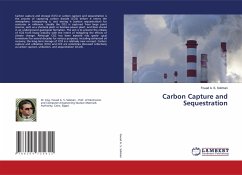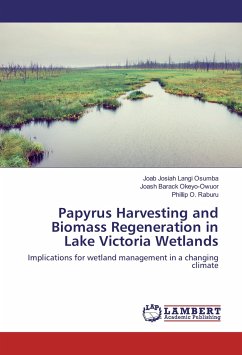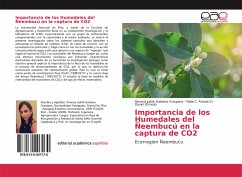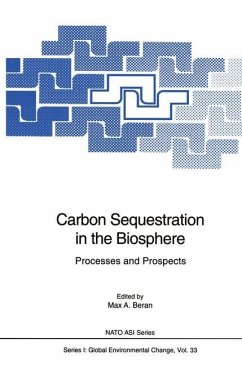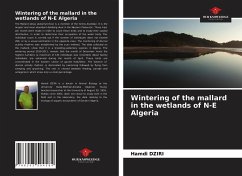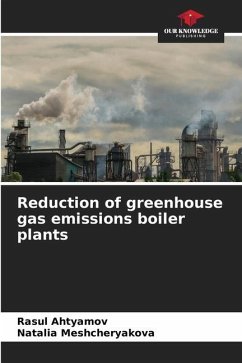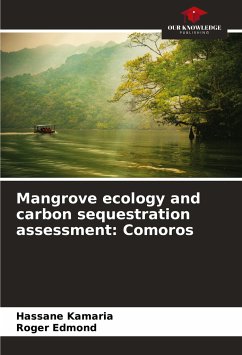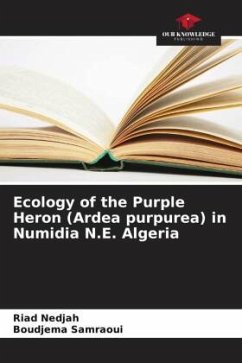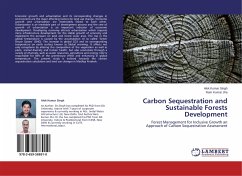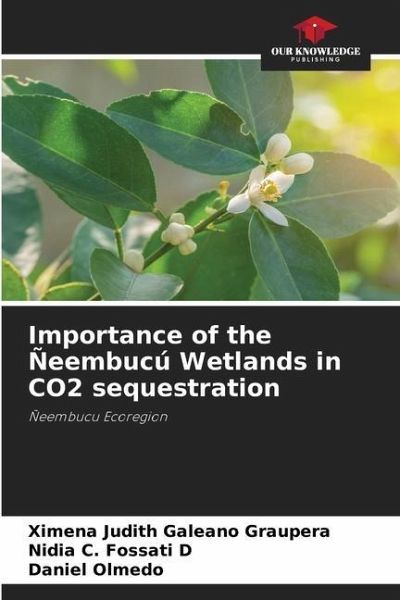
Importance of the Ñeembucú Wetlands in CO2 sequestration
Ñeembucu Ecoregion
Versandkostenfrei!
Versandfertig in 6-10 Tagen
27,99 €
inkl. MwSt.

PAYBACK Punkte
14 °P sammeln!
The National University of Pilar, through the Faculty of Agriculture and Rural Development in its Research component and the LEBA laboratory, together with a group of professionals committed to the community and the environment, conducted this research on natural systems that absorb and store carbon dioxide (CO2) because of living with an ecosystem as particular and fragile as wetlands and the joint action of plants-water-soil that generate a kind of "sponge" that regulates the excess of CO2. The general objective of this research is to explain the importance of wetland flora in the process of...
The National University of Pilar, through the Faculty of Agriculture and Rural Development in its Research component and the LEBA laboratory, together with a group of professionals committed to the community and the environment, conducted this research on natural systems that absorb and store carbon dioxide (CO2) because of living with an ecosystem as particular and fragile as wetlands and the joint action of plants-water-soil that generate a kind of "sponge" that regulates the excess of CO2. The general objective of this research is to explain the importance of wetland flora in the process of CO2 storage, so that its destruction would cause an increase in global warming. For which Paso Pindó (1998/2017) and the lower basin of the Ñeembucú Stream (1995/2017) were taken as a research point. The study was based on measurements of CO2 and greenhouse gas ecosystem exchange.



